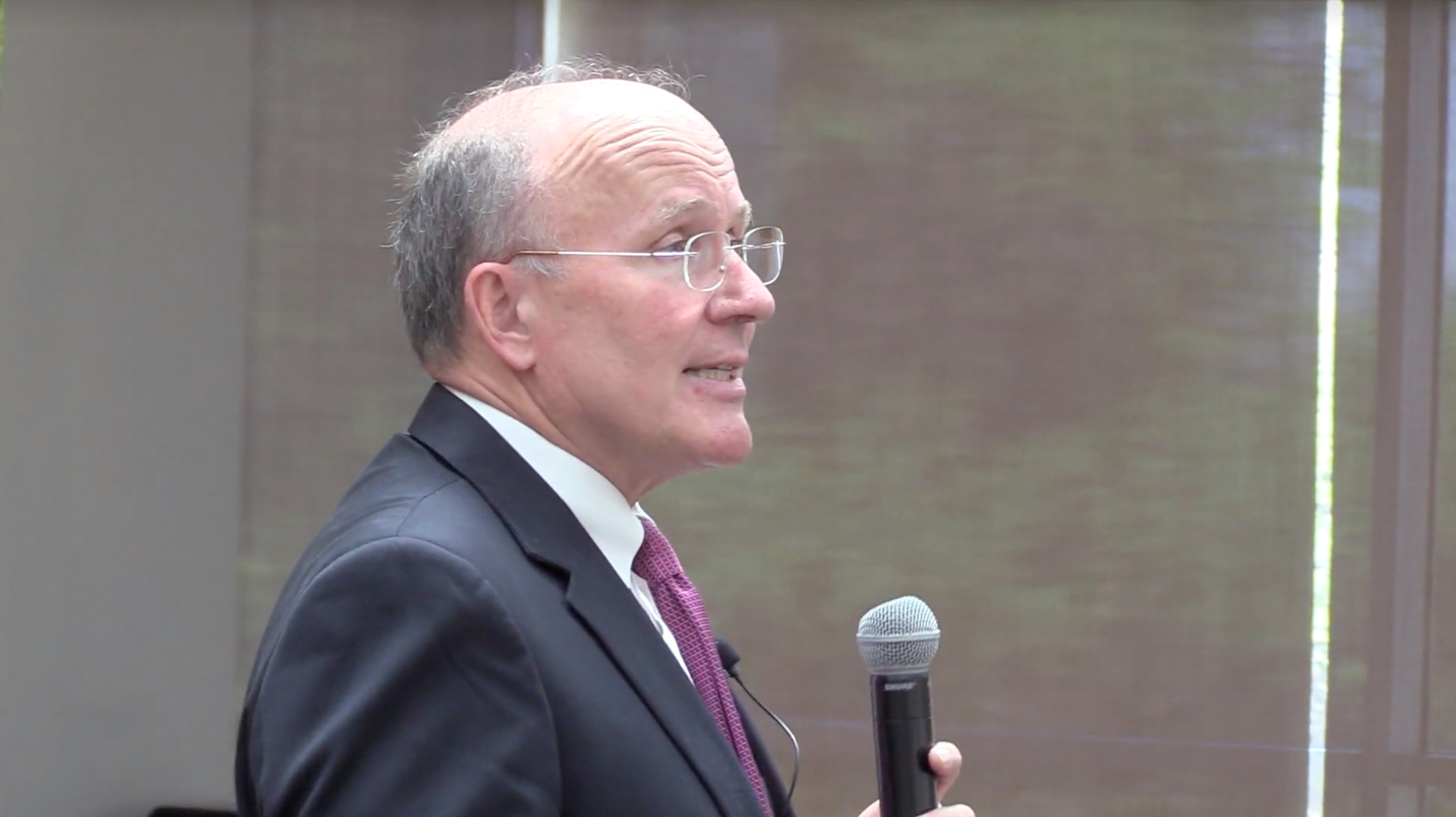

Rather than simply responding to the public health emergency at hand, serious as it was, they saw an opportunity to set a precedent for burying TRIPS in the future and acquiring for their manufacturers not only patents but also private-sector trade secrets covering a variety of medications. It was telling that the leaders here were India and South Africa, two hubs of global generic drug manufacturing, and that their request at the WTO was so broad.

They sought a waiver of global IP commitments on all health products and technologies related to the prevention, treatment or containment of COVID-19 - essentially removing those products and processes from protection under the TRIPS framework. India and South Africa then proposed a radical departure from the TRIPS framework at the WTO. When the COVID-19 pandemic arrived in 2020, however, new anxieties arose about the access of developing countries to the vaccines under development. But this safety valve does not invalidate the ownership of the patent-holder - thus preserving the core of IP protection.
#James pooley oplc license#
When a country is facing an “extreme urgency” - say, a public health crisis - and is unable to secure the medicine it needs or negotiate a voluntary license with a patent holder, it can issue a “compulsory license” to authorize local manufacturers to produce the needed medicine for its own population. The TRIPS negotiations were ongoing at the time of the HIV/AIDS epidemic, and many poor countries were understandably worried that they would have no affordable access to treatments as they developed.īut the TRIPS Agreement itself includes a provision that addresses this concern. This has especially been true in the case of medicines. Yet some nations in the developing world have long bristled at TRIPS and sought to modify it to allow themselves freer access to intellectual property claimed by others. All 164 WTO members have adopted the TRIPS Agreement. The agreement was the substantive capstone of the Uruguay Round of the General Agreement on Tariffs and Trade, whose extensive negotiations concluded in 1994 with the establishment of the WTO.

And it’s why generic drug makers in India or South Africa can’t simply copy and sell brand-name medications under patent. The TRIPS Agreement is the reason governments must prohibit the unauthorized production of copies of Hollywood movies for sale in Ho Chi Minh City or the marketing of a soft drink in Marrakesh falsely labeled as “Coca-Cola.” It’s why sparkling wine can be marketed globally as “Champagne” only if it comes from a particular region of France.

The bedrock of this system is the Agreement on Trade-Related Aspects of Intellectual Property Rights, known as the TRIPS Agreement - which since 1995 has established explicit minimum standards WTO members must meet in respecting one another’s patents, trade secrets, trademarks and copyrights. The terms it outlines would be revolutionary - that is, in undermining the rules for intellectual property protection that have dramatically contributed to global economic growth and the alleviation of poverty worldwide. And in just over one month, all 164 WTO member nations will vote on whether to implement the proposed waiver. Last week, the World Trade Organization announced that the United States, European Union, India and South Africa had finalized a proposal to waive intellectual property protections for COVID-19 vaccines. Check resumes and CV, social media profiles, arrest records, photos and videos, places of employment, work history, skilled experts, publications and news. View contact information: phones, addresses, emails and networks. James Pooley Found 72 people in California, Florida and 35 other states


 0 kommentar(er)
0 kommentar(er)
